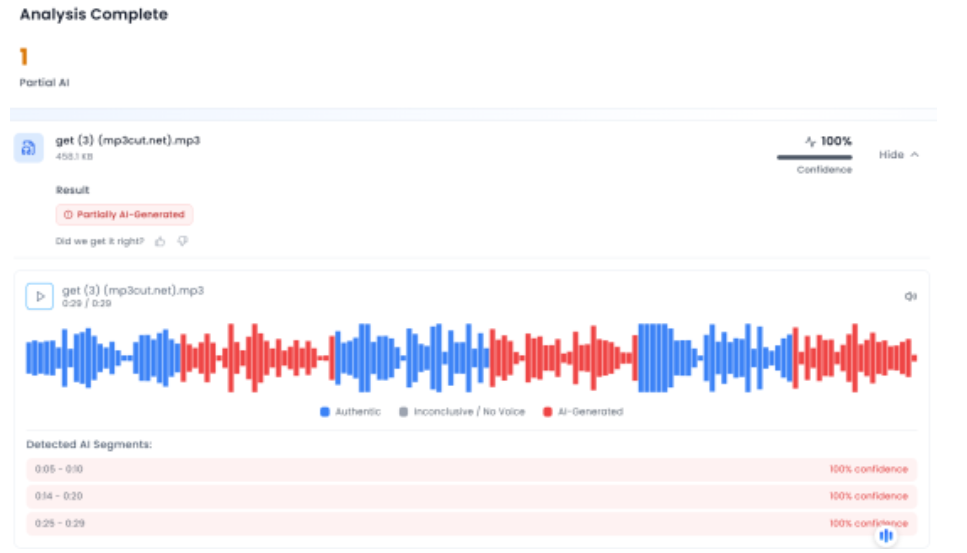IndiaAI Mission
Introduction
The Indian Cabinet has approved a comprehensive national-level IndiaAI Mission with a budget outlay ofRs.10,371.92 crore. The mission aims to strengthen the Indian AI innovation ecosystem by democratizing computing access, improving data quality, developing indigenous AI capabilities, attracting top AI talent, enabling industry collaboration, providing startup risk capital, ensuring socially-impactful A projects, and bolstering ethical AI. The mission will be implemented by the'IndiaAI' Independent Business Division (IBD) under the Digital India Corporation (DIC) and consists of several components such as IndiaAI Compute Capacity, IndiaAI Innovation Centre (IAIC), IndiaAI Datasets Platform, India AI Application Development Initiative, IndiaAI Future Skills, IndiaAI Startup Financing, and Safe & Trusted AI over the next 5 years.
This financial outlay is intended to befulfilled through a public-private partnership model, to ensure a structured implementation of the IndiaAI Mission. The main objective is to create and nurture an ecosystem for India’s AI innovation. This mission is intended to act as a catalyst for shaping the future of AI for India and the world. AI has the potential to become an active enabler of the digital economy and the Indian government aims to harness its full potential to benefit its citizens and drive the growth of its economy.
Key Objectives of India's AI Mission
● With the advancements in data collection, processing and computational power, intelligent systems can be deployed in varied tasks and decision-making to enable better connectivity and enhance productivity.
● India’s AI Mission will concentrate on benefiting India and addressing societal needs in primary areas of healthcare, education, agriculture, smart cities and infrastructure, including smart mobility and transportation.
● This mission will work with extensive academia-industry interactions to ensure the development of core research capability at the national level. This initiative will involve international collaborations and efforts to advance technological frontiers by generating new knowledge and developing and implementing innovative applications.
The strategies developed for implementing the IndiaAI Mission are via Public-Private Partnerships, Skilling initiatives and AI Policy and Regulation. An example of the work towards the public-private partnership is the pre-bid meeting that the IT Ministry hosted on 29th August2024, which saw industrial participation from Nvidia, Intel, AMD, Qualcomm, Microsoft Azure, AWS, Google Cloud and Palo Alto Networks.
Components of IndiaAI Mission
The IndiaAI Compute Capacity: The IndiaAI Compute pillar will build a high-end scalable AI computing ecosystem to cater to India's rapidly expanding AI start-ups and research ecosystem. The ecosystem will comprise AI compute infrastructure of 10,000 or more GPUs, built through public-private partnerships. An AI marketplace will offer AI as a service and pre-trained models to AI innovators.
The IndiaAI Innovation Centre will undertake the development and deployment of indigenous Large Multimodal Models (LMMs) and domain-specific foundational models in critical sectors. The IndiaAI Datasets Platform will streamline access to quality on-personal datasets for AI innovation.
The IndiaAI Future Skills pillar will mitigate barriers to entry into AI programs and increase AI courses in undergraduate, master-level, and Ph.D. programs. Data and AI Labs will be set up in Tier 2 and Tier 3 cities across India to impart foundational-level courses.
The IndiaAI Startup Financing pillar will support and accelerate deep-tech AI startups, providing streamlined access to funding for futuristic AI projects.
The Safe & Trusted AI pillar will enable the implementation of responsible AI projects and the development of indigenous tools and frameworks, self-assessment check lists for innovators, and other guidelines and governance frameworks by recognising the need for adequate guardrails to advance the responsible development, deployment, and adoption of AI.
CyberPeace Considerations for the IndiaAI Mission
● Data privacy and security are paramount as emerging privacy instruments aim to ensure ethical AI use. Addressing bias and fairness in AI remains a significant challenge, especially with poor-quality or tampered datasets that can lead to flawed decision-making, posing risks to fairness, privacy, and security.
● Geopolitical tensions and export control regulations restrict access to cutting-edge AI technologies and critical hardware, delaying progress and impacting data security. In India, where multilingualism and regional diversity are key characteristics, the unavailability of large, clean, and labeled datasets in Indic languages hampers the development of fair and robust AI models suited to the local context.
● Infrastructure and accessibility pose additional hurdles in India’s AI development. The country faces challenges in building computing capacity, with delays in procuring essential hardware, such as GPUs like Nvidia’s A100 chip, hindering businesses, particularly smaller firms. AI development relies heavily on robust cloud computing infrastructure, which remains in its infancy in India. While initiatives like AIRAWAT signal progress, significant gaps persist in scaling AI infrastructure. Furthermore, the scarcity of skilled AI professionals is a pressing concern, alongside the high costs of implementing AI in industries like manufacturing. Finally, the growing computational demands of AI lead to increased energy consumption and environmental impact, raising concerns about balancing AI growth with sustainable practices.
Conclusion
We advocate for ethical and responsible AI development adoption to ensure ethical usage, safeguard privacy, and promote transparency. By setting clear guidelines and standards, the nation would be able to harness AI's potential while mitigating risks and fostering trust. The IndiaAI Mission will propel innovation, build domestic capacities, create highly-skilled employment opportunities, and demonstrate how transformative technology can be used for social good and enhance global competitiveness.
References
● https://pib.gov.in/PressReleasePage.aspx?PRID=2012375








